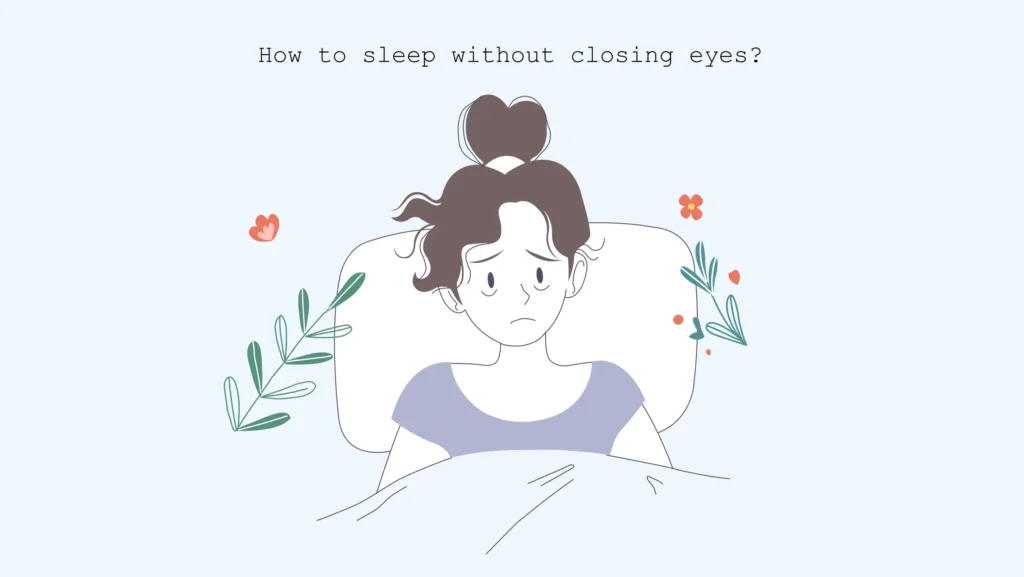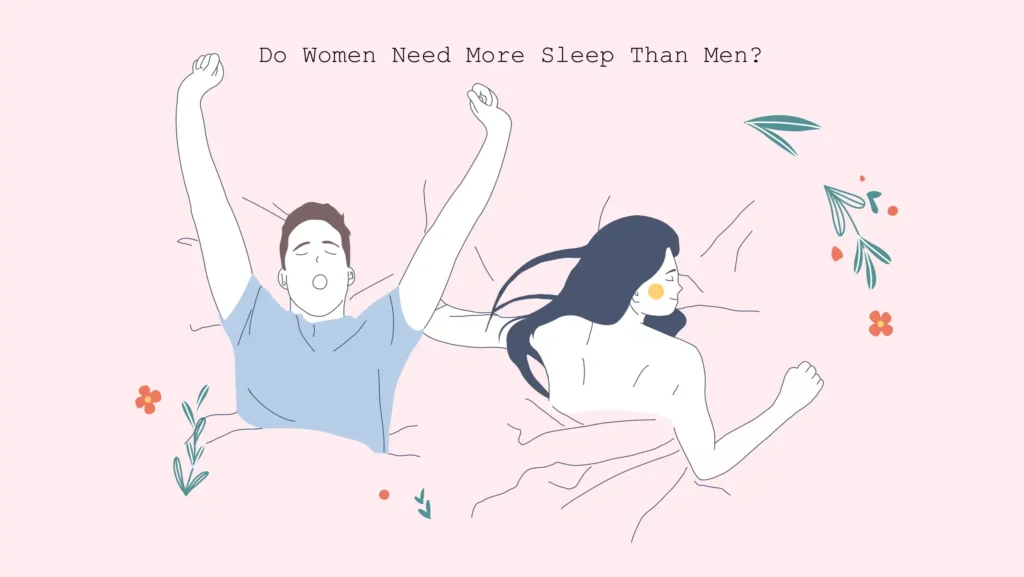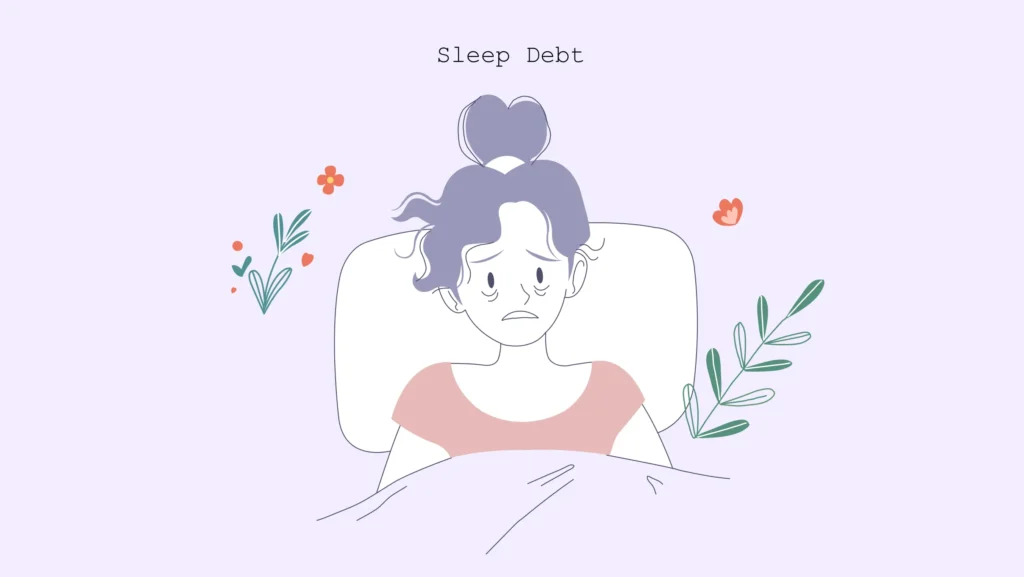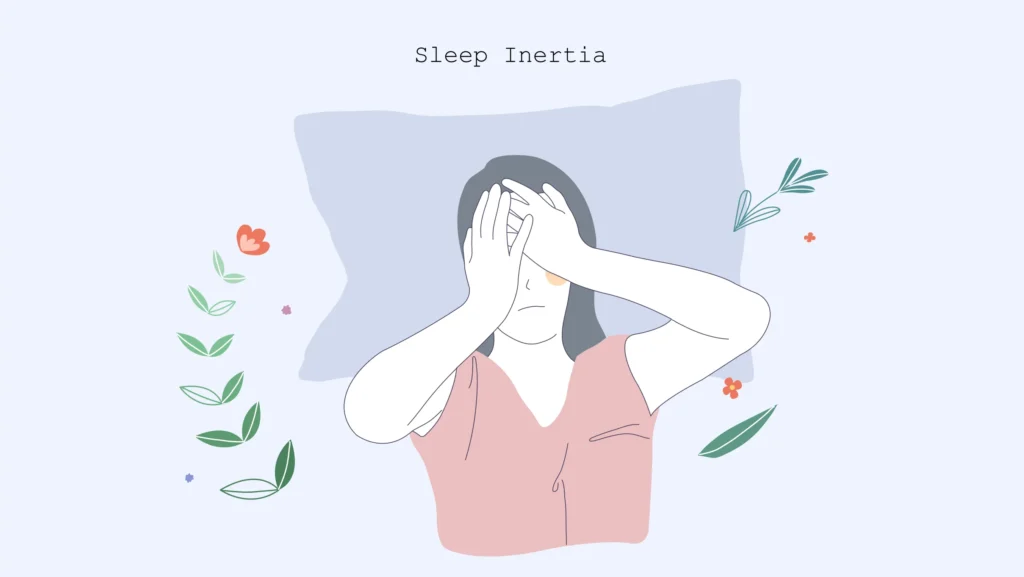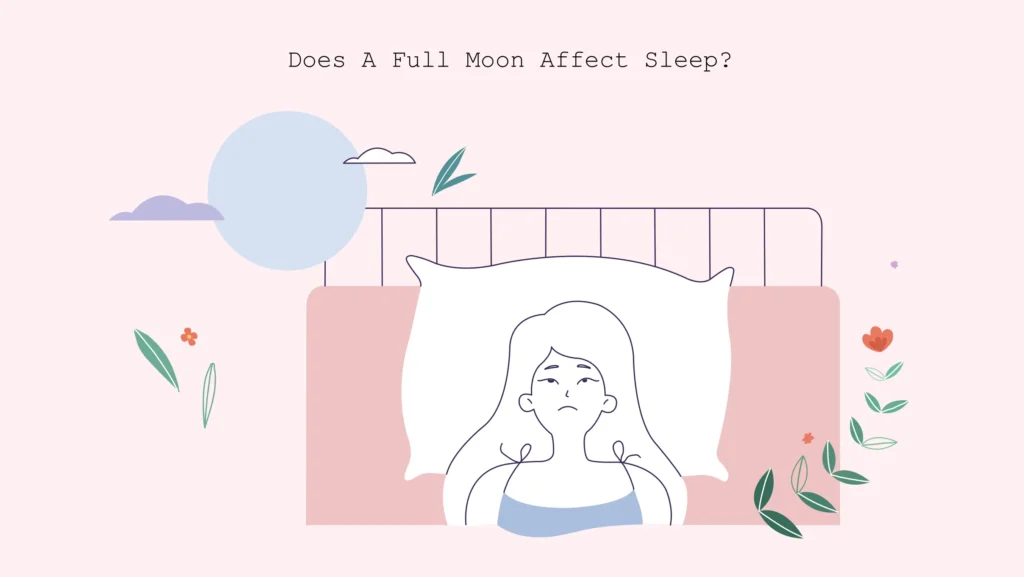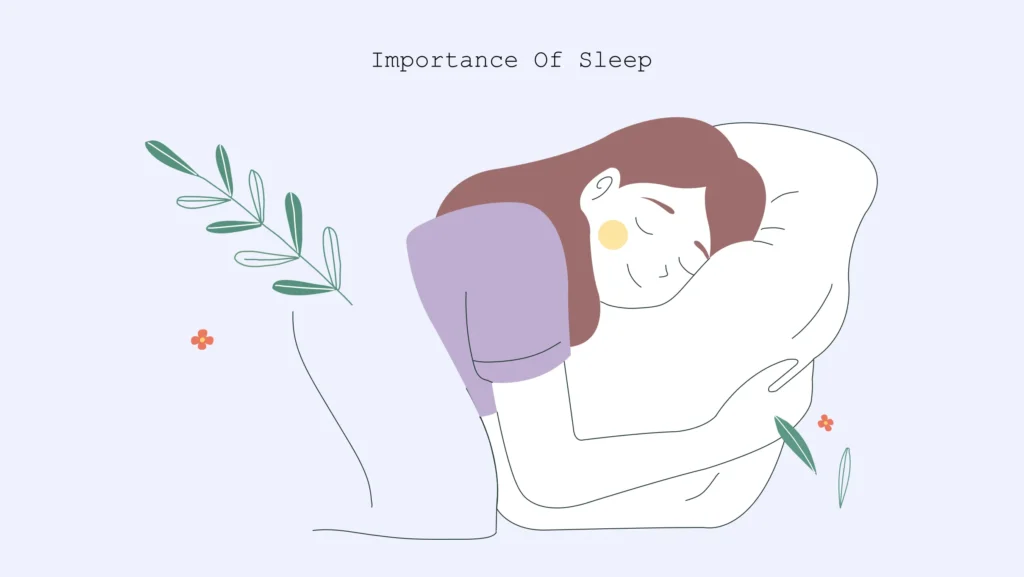How Sleep Works: Understanding the Science of Sleep
Written by

Medical reviewed by

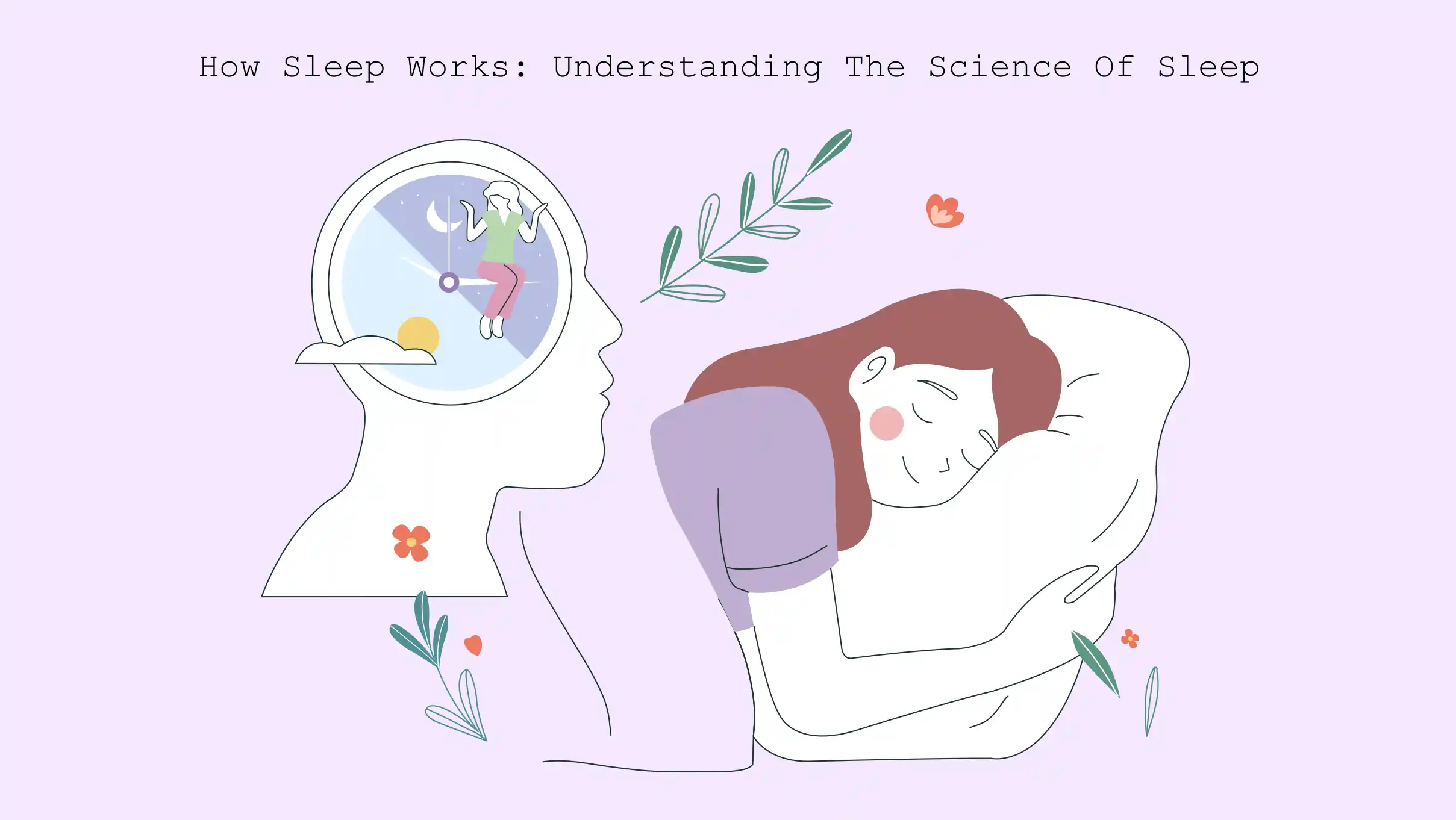
Proper sleep plays a vital role in enhancing an individual’s physical and mental health. Not getting enough sleep makes you feel less energetic, causes mood swings, and even impacts the proper functioning of your brain.
The limited information about how sleep works can profoundly influence the perception of people about this vital body function. So, this article offers information that can help people better understand the science of sleep and its impact on the body and mind.
What Happens When You Sleep?
While much still needs to be understood about the intricacies of how sleep works, researchers have established a connection between sleep and various aspects of all human body systems. They have also been able to better understand how sleep impacts the brain and the body and individuals’ physical, mental, and emotional well-being.
Most people are surprised by the fact that the body and the brain start undergoing notable changes within just a minute after they fall asleep. The body’s energy usage reduces considerably during sleep due to a decrease in body temperature. This is because the heart and respiration rates slow down, and brain activity is also reduced during sleep.
Stages Of Sleep
The body alternates between two stages of sleep: REM (rapid eye movement) and NREM (non-rapid eye movement), which are further classified into N1–N3 stages. Variations in eye movements, brain wave patterns, and muscular tone can be found during each stage of sleep. Approximately four to six times every night, the body cycles through all of these stages, with each cycle lasting an average of 90 minutes. Sleep occurs in 5 stages – wake, N1, N2, N3, and REM. These stages of sleep are explained in brief as follows.
Wake/Alert
The wake stage, also known as stage W, is the initial phase and is dependent on whether the eyes are open or closed. Eventually, the individuals become drowsy and close their eyes.
Stage 1 (NREM/N1) – Light Sleep (5%)
In this stage, people have just dozed off and can be easily awoken as they drift in and out of sleep. The eye movement during this stage is relatively slow, the muscles begin to relax gradually and the breathing is at a normal rate. This stage lasts between 1 and 5 minutes.
Stage 2 (NREM/N2) – Deeper Sleep (45%)
The second stage of the sleep cycle is characterised by the further slowing down of the body and brain activity which is indicated by the eye movement stopping completely. In addition to this, the body temperature and the heart rate drop down gradually. Stage 2 sleep lasts for approximately 25 minutes during the initial cycle and gets longer with each subsequent cycle, lasting in total from 10 to 60 minutes.
Stage 3 (Non-REM/N3) – Deepest Non-REM Sleep (25%)
This stage of the sleep cycle is regarded as the most advanced stage of sleep where the brain waves have the slowest sleep, and the muscles are completely relaxed. As a result, people experience the deepest sleep in this stage, which helps the body recuperate and improve memory and thinking power. During this phase, the body heals and regenerates tissues, develops bone and muscle, and fortifies the immune system. Additionally, sleepwalking, nocturnal terrors, and bedwetting happen at this time.The stage is known as the N3 or Deep Sleep stage and lasts anywhere between 20 to 40 minutes.
REM (25%)
REM is not regarded as a peaceful sleep stage because it is connected to dreaming. The skeletal muscles are atonic and immobile, with the exception of the eyes and diaphragmatic breathing muscles, which continue to be active, even if the EEG resembles that of an awake person. The breathing rate, however, starts to fluctuate more. This stage typically begins 90 minutes after you fall asleep, and it lasts all night long, with each REM cycle becoming longer. The first phase usually lasts for 10 minutes, while the last one might last for 60 minutes. Dreaming, nightmares, and penile/clitoral tumescence all happen during REM.
Sleep And The Brain
The hypothalamus plays an important role in establishing a connection between sleep and the brain. It regulates the human body’s circadian rhythm, responsible for regulating the body’s biological clock. In addition, the hypothalamus connects the nervous system to the endocrine system, controlling various chemicals and hormones involved in the sleep-wake cycle.
When people sleep, the brain rests and reorganises itself through the process known as brain plasticity , in which the countless neurons in the brain change. This, in turn, impacts the brain’s functioning, primarily the ability of an individual to learn and memorise.
Sleep And The Body
The different body parts contribute in various ways making it easier for people to enjoy a healthy and relaxing sleep. Sleeping helps the body to conserve energy and also helps the body heal. When people sleep, the body releases growth hormones to repair and restore muscles faster.
The connection between sleep and the body is quite deep-rooted. Lack of sleep can negatively impact our bodily functions and lead to adverse health outcomes. .
Chemicals And Hormones That Regulate Sleep
The chemicals and hormones produced by the body deeply impact how sleep works. The hormones help regulate individuals’ sleep-wake state by sending signals to the brain. These signals are sent through nerve-signalling chemicals called neurotransmitters, which act on specific groups of neurons in the brain to control when people sleep and when they are awake.
Melatonin is the hormone responsible for promoting sleep and is released by the body naturally as natural light reduces. Other hormones that impact the sleep-wake cycle include adrenaline, cortisol, and norepinephrine. Not getting enough sleep can hamper the effective secretion of hormones which can hamper the metabolism and other bodily functions.
Circadian Rhythm and Sleep-wake Homeostasis
The circadian rhythm is the body’s internal clock synchronised with the sun’s rising and setting. The circadian rhythm is established within the first few months after birth and controls vital body patterns such as appetite and digestion, blood pressure, body temperature, and secretion of hormones. A healthy circadian rhythm is based on a consistent pattern that makes people feel alert and active during the day and tired and sleepy after the sun sets.
Apart from the circadian rhythm, homeostasis is another biological process impacting the sleep-wake cycle. It is a term used to define the internal body mechanisms that make it possible for people to adapt to the changing conditions for better survival. The sleep-wake homeostasis guides the body about the best times to sleep and stay awake.
Proper understanding of the circadian rhythm and sleep-wake homeostasis can help people manage the external factors impacting them in a better way. In addition, they can use the information to develop healthy sleeping habits.
Why Is Sleep Important?
Over the past several years, people have become increasingly aware of the importance of sleep in maintaining a healthy and fit life. Here are a few points on why is sleep important –
Restoration and Healing: Sleep is vital for the body’s repair and rejuvenation, promoting tissue growth, immune system strength, and energy restoration. It facilitates healing, reduces inflammation, and supports physical well-being.
Cognitive Function and Mental Health: Sleep enhances memory consolidation, learning, attention, and problem-solving abilities. It fosters creativity, decision-making, and emotional regulation, reducing the risk of mental disorders like anxiety and depression.
Physical Performance and Stamina: Sleep optimises muscle recovery, growth, and physical endurance. It improves reaction time, coordination, and motor skills, enhancing athletic performance and reducing the likelihood of injuries.
Hormonal Balance and Metabolic Health: Sleep influences appetite, metabolism, and hormone regulation. It supports a healthy balance of hormones, reducing the risk of weight gain, obesity, and metabolic disorders like diabetes.
Overall Well-being and Quality of Life: Quality sleep enhances mood, reduces stress, increases productivity, and fosters satisfying relationships, leading to a better overall sense of happiness and well-being.
What Happens When You Don’t Get Enough Sleep?
When people don’t get enough sleep, their bodies and mind are exhausted, leading to serious physical, mental, and emotional health issues. People who do not sleep enough tend to experience tiredness during the daytime, may have sudden mood swings, difficulty concentrating and remembering things, and poor hand-eye coordination.
Lack of proper sleep can increase the risk of health issues, some of which might even be fatal. People who do not get enough sleep tend to suffer from problems like a weak immune system, increased risk of type II diabetes, obesity and cardiovascular problems, and even mental health issues.
Conclusion
In conclusion, sleep is a crucial component of our health. Sleep plays a vital role in our entire health, from physical recovery and healing to cognitive performance and mental wellbeing. It promotes metabolic health, hormonal balance, and physical performance. A restful night’s sleep immediately enhances our quality of life by promoting joy, efficiency, and fulfilling relationships. Making sleep a priority is a smart investment in our long-term well-being.
FAQs
What happens when you sleep too much?
Although a good night’s sleep is essential, numerous health issues, including diabetes, heart disease, and an elevated risk of death, have been connected to excessive sleep over a long period.
How much deep sleep do you need?
The recommended sleep duration for adults is seven to nine hours per night, with a portion of that time dedicated to deep sleep. Typically, deep sleep should account for approximately 13% to 23% of the total sleep duration. If you consistently sleep for seven hours each night, you can expect to spend around 55 to 97 minutes in deep sleep. It’s important to note that the body has its own self-regulation mechanism for determining the amount of deep sleep it needs.
How long is each sleep cycle?
An entire sleep cycle lasts between 90 and 110 minutes. Your initial REM sleep is short. You’ll experience more REM sleep and less deep sleep as the night goes on.
At what stage of sleep do you dream?
Does resting in bed count as sleep?
No, resting in bed with your eyes closed doesn’t count as sleep. However, even staying quiet and relaxing in bed is beneficial for one’s health. Unless you are way too stressed or exhausted, you’ll likely sleep within minutes of laying down on the bed.
people like this article
Written by

Medical reviewed by



